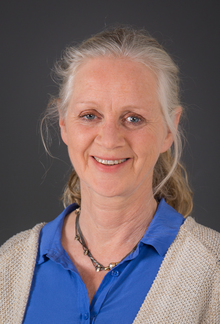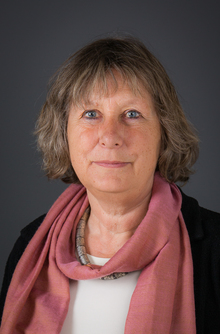Project Background
There has been an increase in shared residence for children among parents living apart over the last decades. In 2012, about one in four children with separated parents had shared residence in Norway, and this arrangement has become more common among most groups of parents.
Project Purpose
The purpose of the project has been to study the variation in families’ experiences with shared residence in Norway, particularly children's experiences with shared residence, and how such an arrangement is actually practiced. The project also aimed to identify knowledge gaps and topics that should be studied in future research on children and parental breakup.
Research Questions
The Ministry of Children and Equality wanted to know more about how shared residence is actually practiced, and what advantages and disadvantages children themselves emphasize with such an arrangement, the role of the parents’ socio-economic status for parents’ use of shared residence and children’s experiences with such an arrangement.
We also examined the role of shared residence for children’s relationships with their parents, other family members, friends and neighborhood, whether there are differences between children in different age-groups, and children’s relationships with their siblings and new family members. Moreover, we explored to what extent children themselves can influence the way that shared residence is actually practiced, how they experience their parents’ collaboration and conflicts, and the role of new information technology in their contact and communication with their parents.
Methodological approach and informants
Different methodological approaches and groups of informants were used in the project. We interviewed children and young people in neighborhoods with different socio-economic characteristics about their experiences with shared residence. At certain schools we also interviewed the school nurses and social counselors about their role and experience with children with shared residence.
Moreover, we carried out focus groups interviews with the staff in some larger kindergartens about the kindergarten’s role and experience with children who have shared residence. We also used survey-data to explore the factors that further and hinder shared residence for children among parents who live within a short geographical distance from each other, as well as the extent of conflict and cooperation between shared residence parents compared to parents with other arrangements.
Publications
Lidén, Hilde & Kitterød, Ragni Hege(2019). Delt bosted: Barns perspektiver og utfyllende kunnskap. Rapport – Institutt for samfunnsforskning. 2019:3. Full text in Research Archive.




